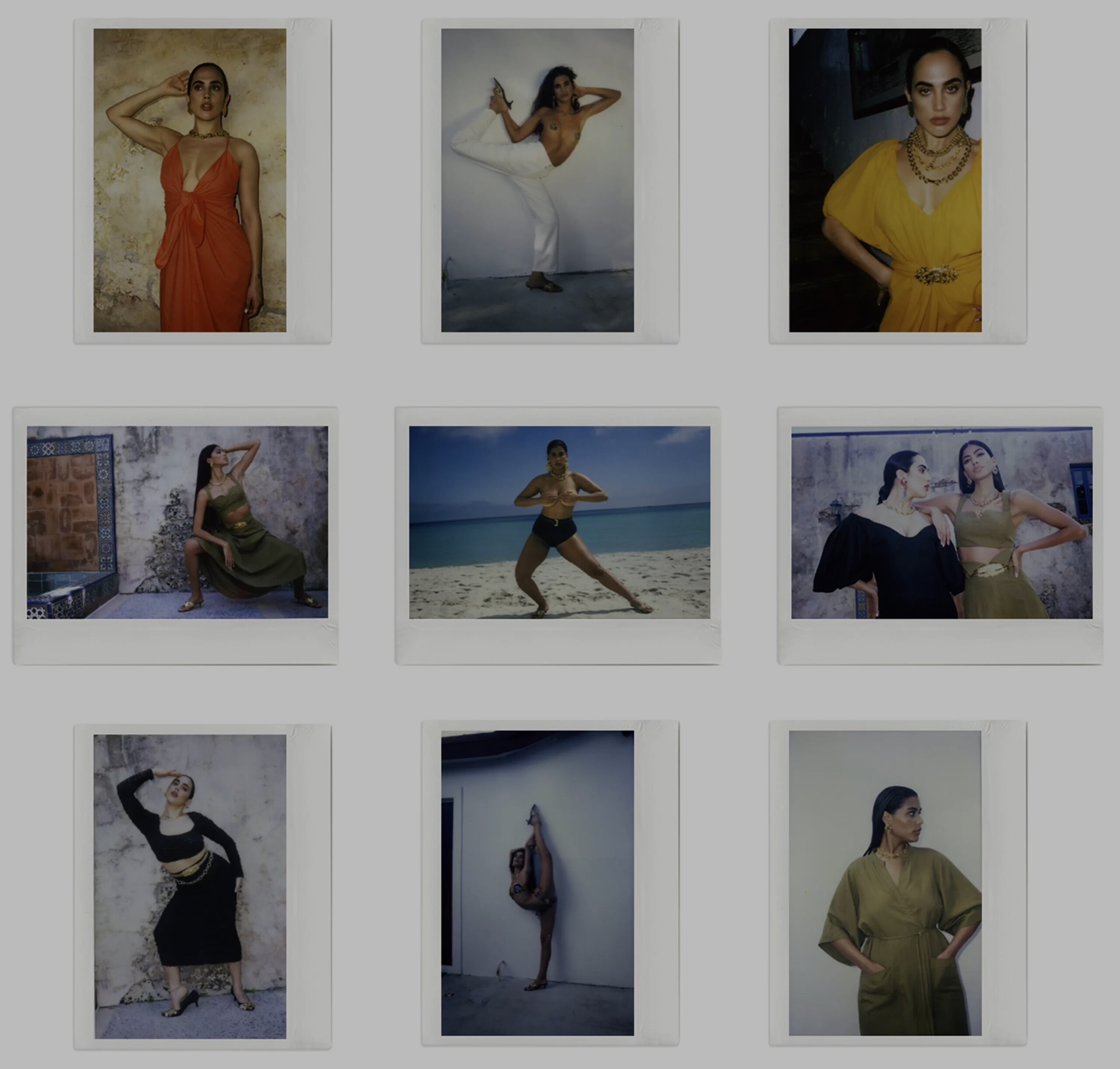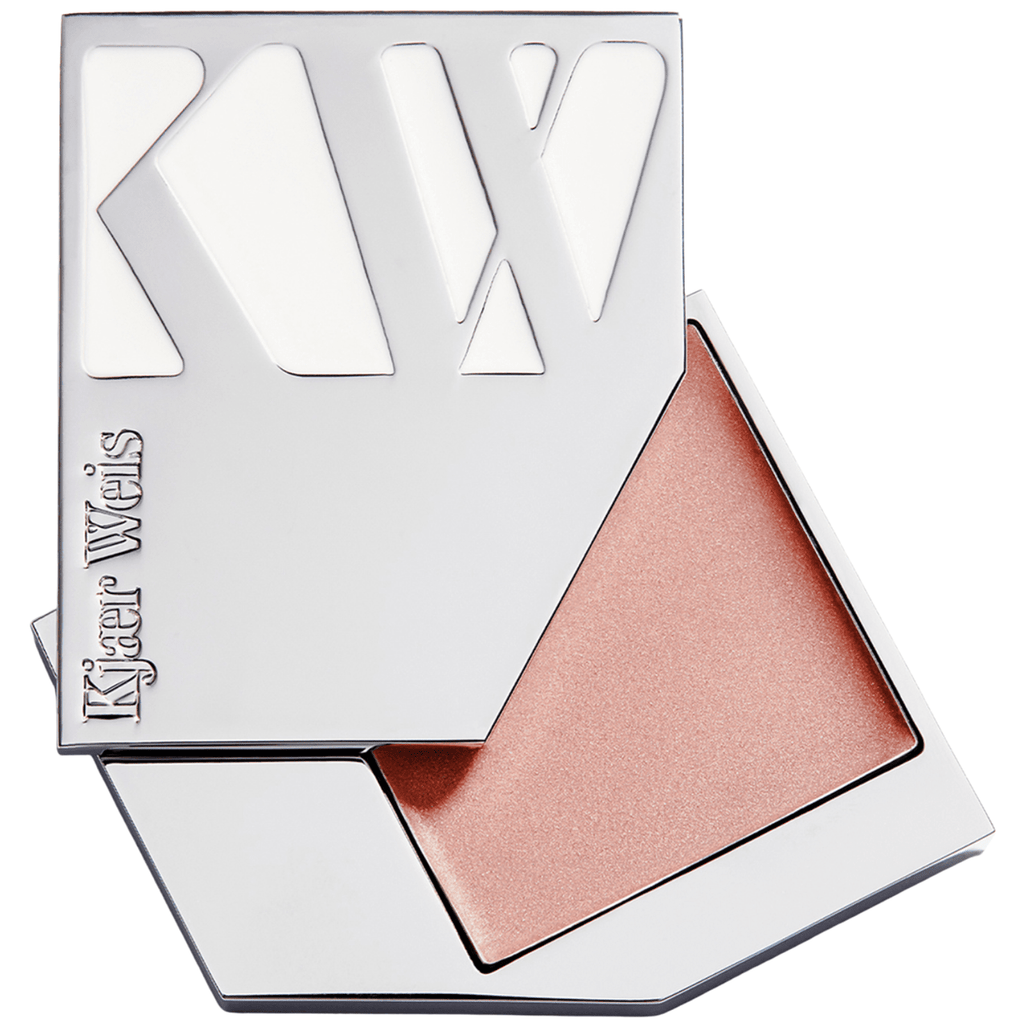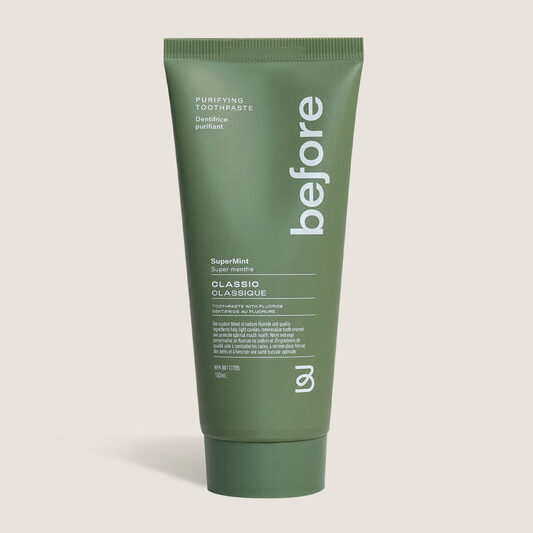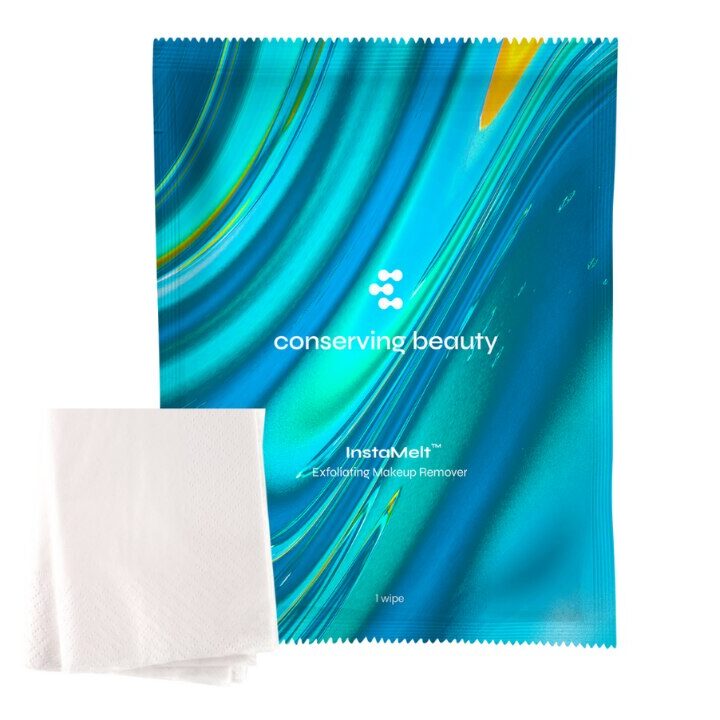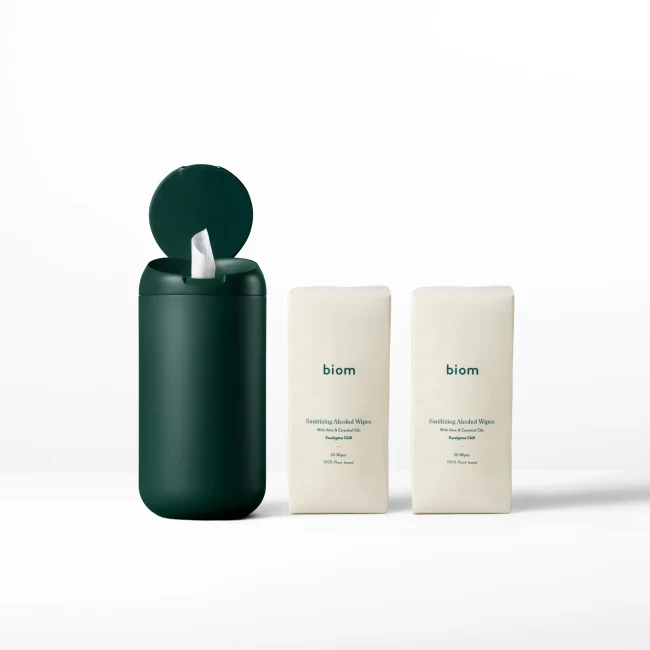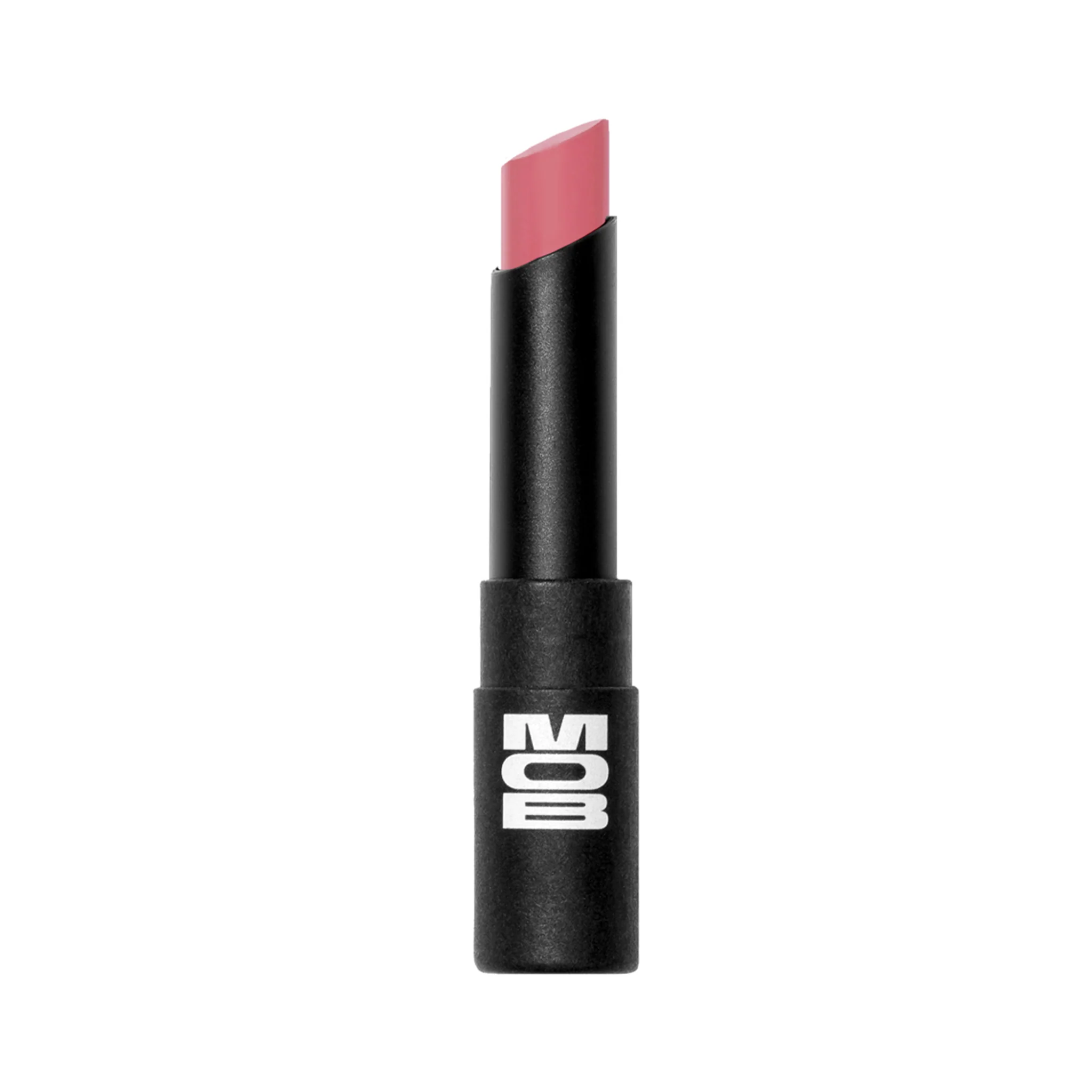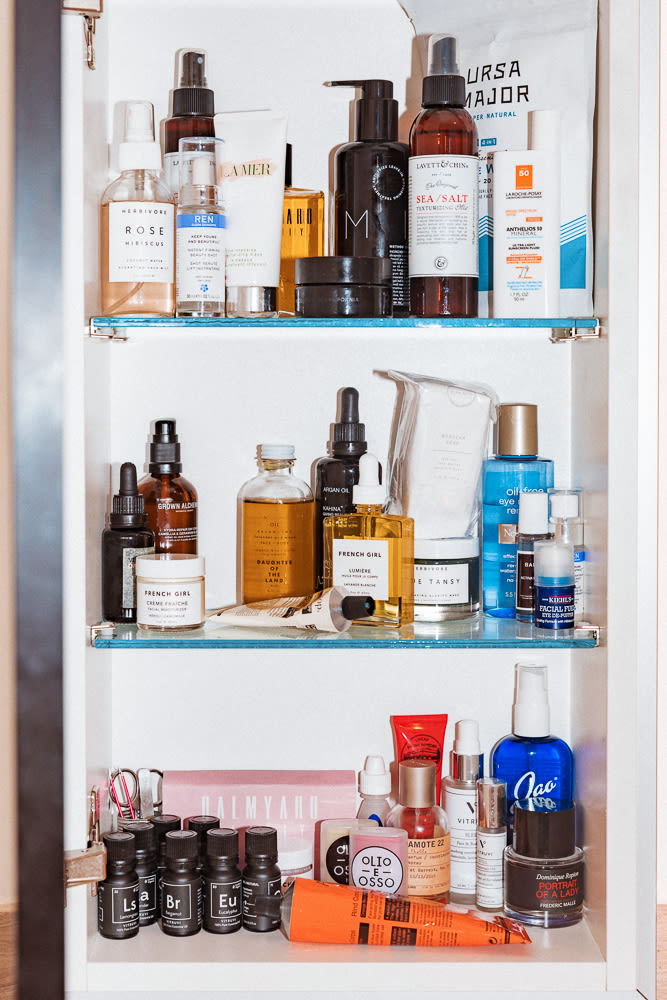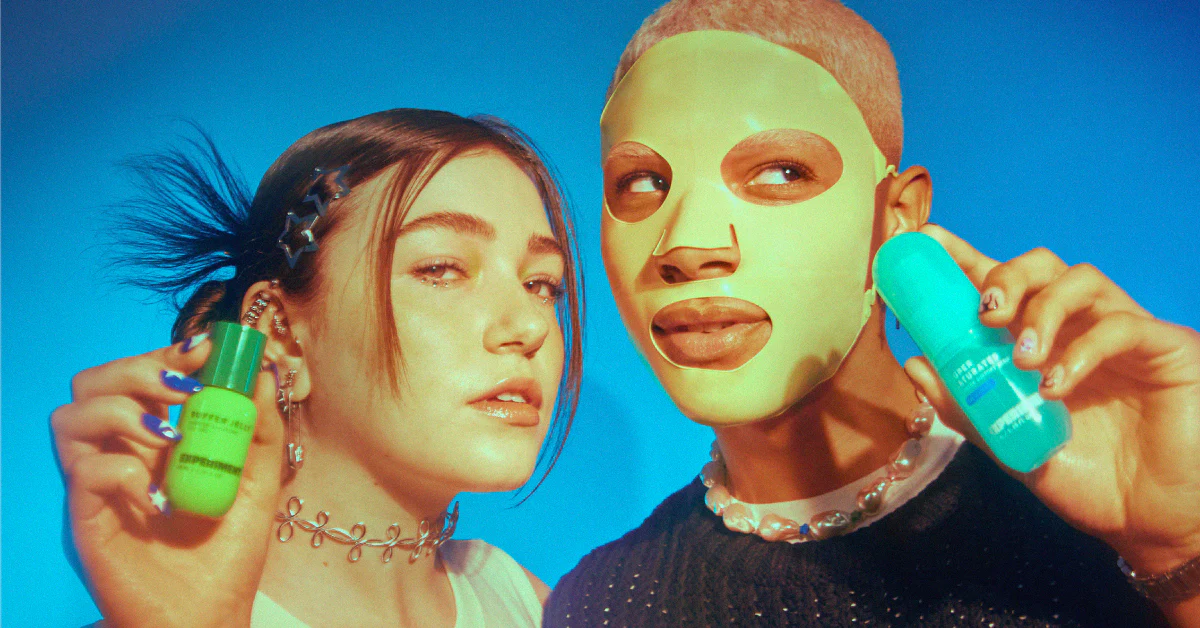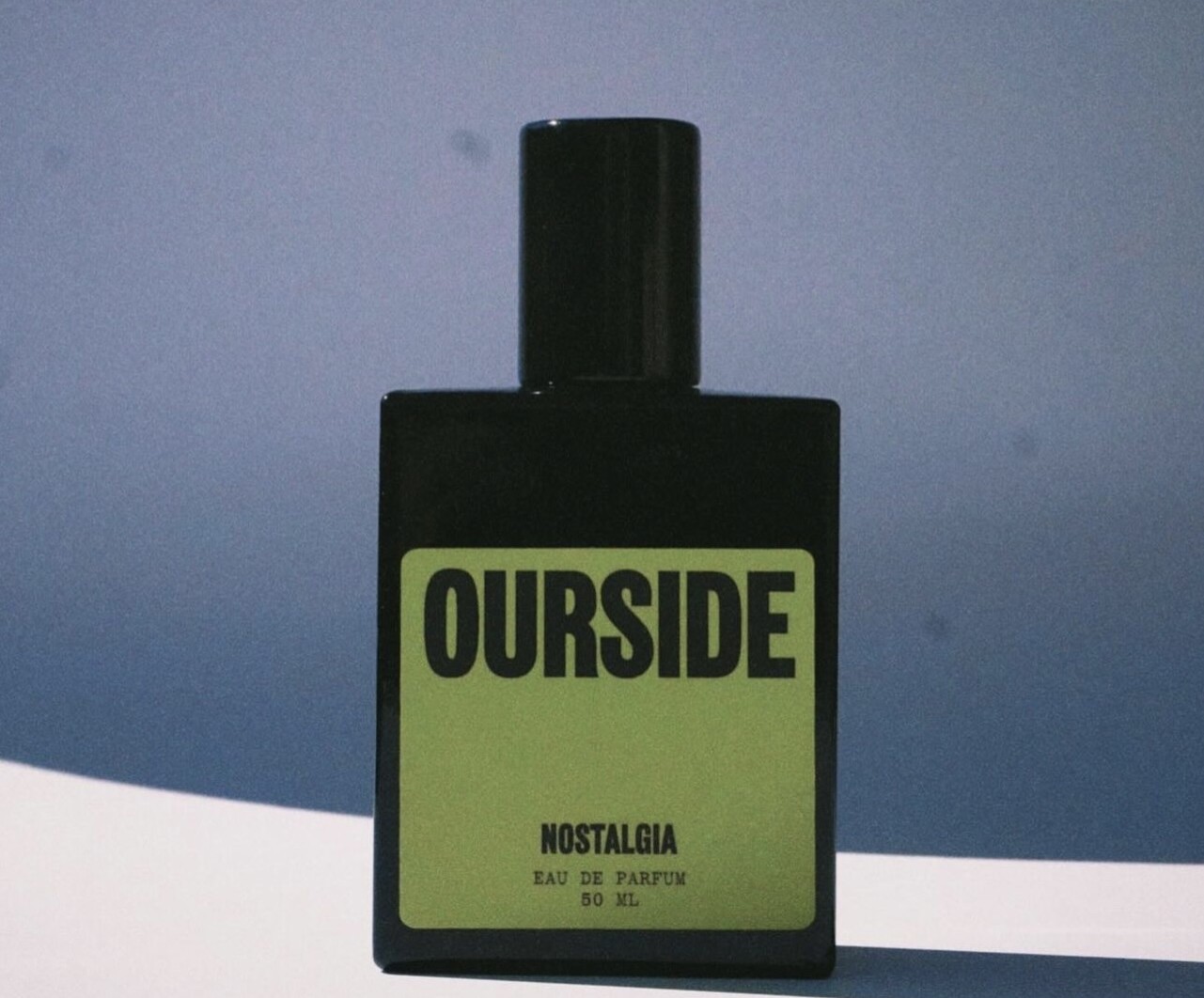the unwash: trending
Over the latter half of the year, we’ve seen numerous of our favorite brands close or just seemingly go off the radar. Some brands have been upfront about a slow wind-down of production while others have shuttered with little warning. Brands including luxury icon Mara Hoffman, Julie Schott’s zero-waste body care line Plus, fan-favorite clothing brand Back Beat, and the latest to shutter, Common Heir are all slowly closing their doors despite being beloved by their customer base. Each of these brands we’ve seen shut their doors served a particular purpose and filled a much-needed gap in the market. It’s not every day that you come across a medical-grade zero-waste skincare brand, or dissolving body wash. This has left consumers wondering where some of their favorite brands went and why. Innovation and consumer interest are not the problem as these companies have completely reinvented their product field all while developing dedicated consumers. Developing and maintaining a sustainable business often isn’t the most cost-effective model. In a world of instant gratification where low-cost products are available at our fingertips, environmentally conscious brands must push against the grain to reign in customers and funding.
A common critique of sustainable brands is often the high prices associated, but is the need for higher prices being overlooked by consumers? Not only are these brands producing a higher quality product with little environmental waste, but they often are also ensuring livable wages for their employees and safe working conditions, which comes with a higher price tag. When you are purchasing from a sustainable brand you are not solely purchasing the product but in tandem supporting an entire ecosystem behind the company. This is something you can’t say the same for when it comes to fast-fashion or fast-beauty companies where your purchasing is not actively supporting the people behind the product but rather the opposite. Despite this, the outcry for the need for environmentally focused brands is prominent. Consumers are ready and focused on making more mindful shopping decisions but, why are brands struggling to stay afloat?
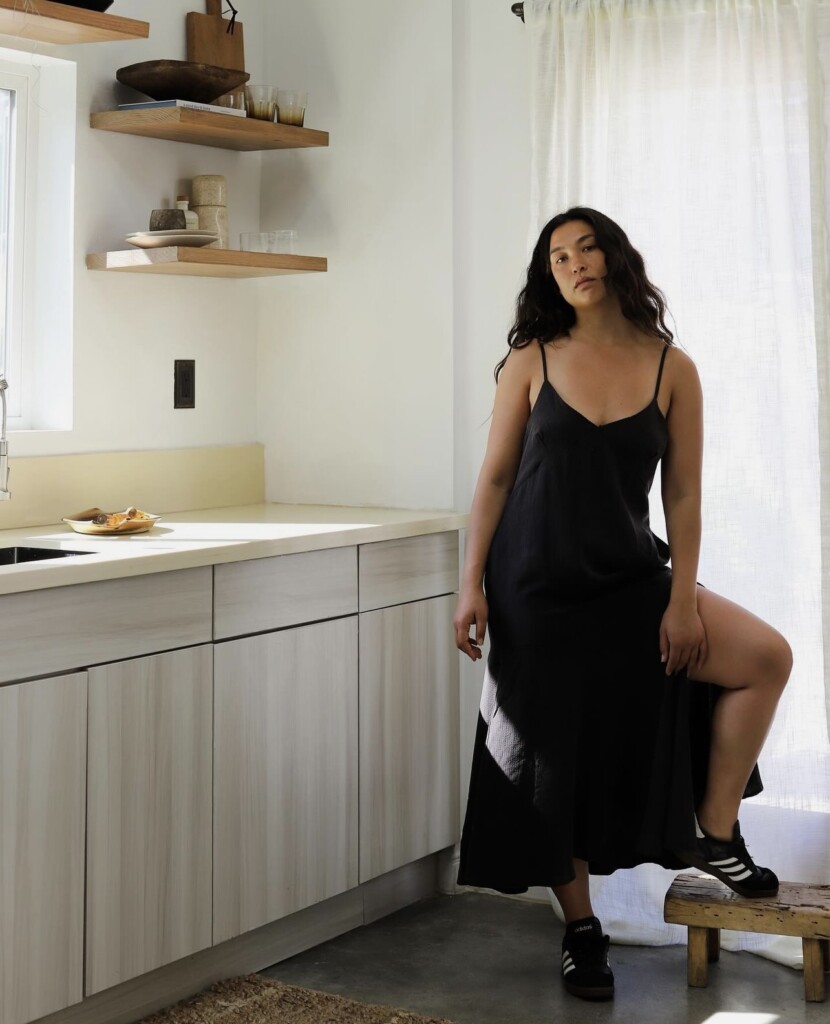
“It would have been cheaper to produce in China, but it also would have increased our carbon footprint and meant rolling back some of our environmental and social commitments. I agonized over that decision in a way that a more commercial CEO wouldn’t have. Eventually the board and I realized that to continue would have meant to make compromises on people and the planet.” – Joanna Dai, Founder of Dai
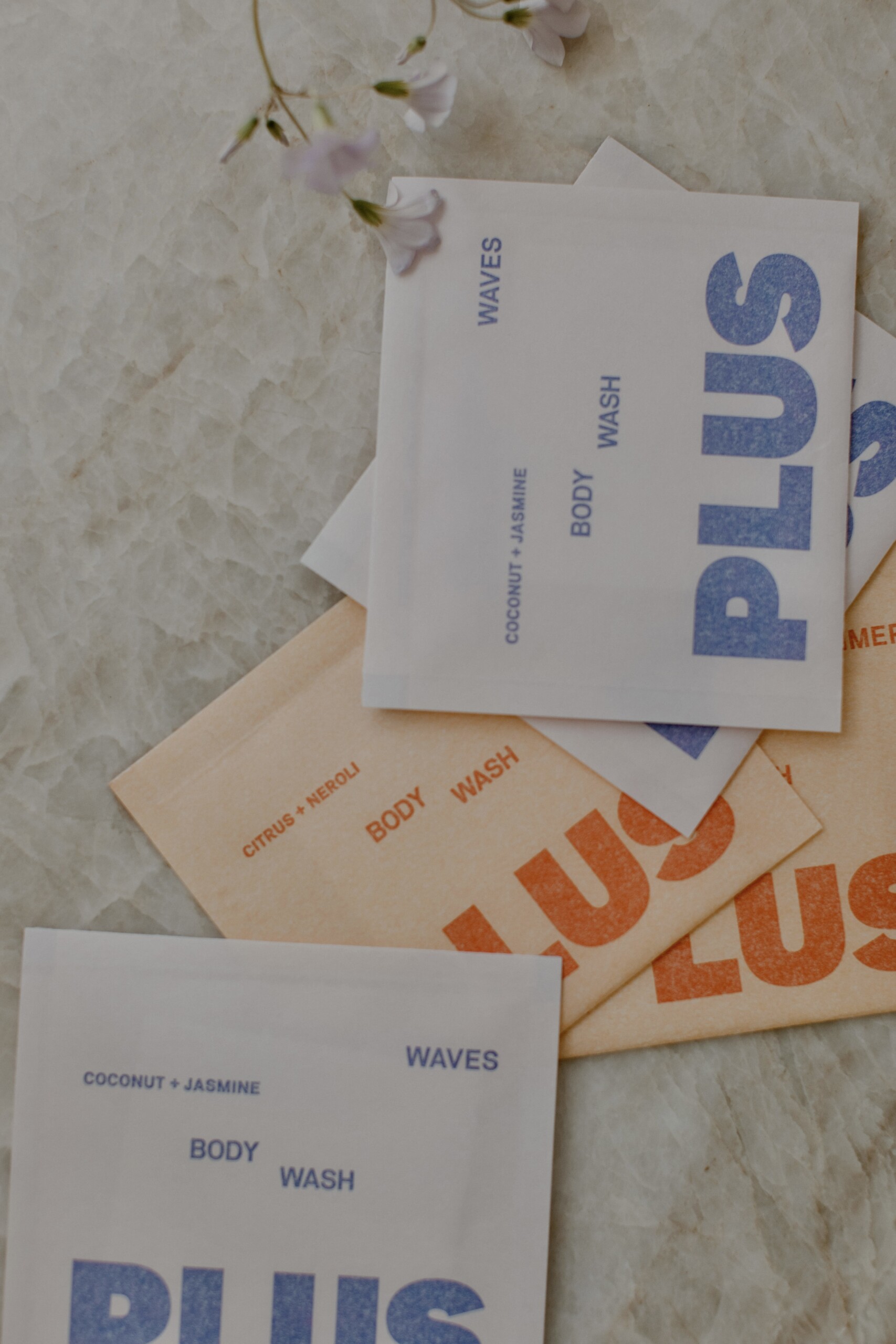
Inflation, the cost of manufacturing materials, increasing rents, and the need to support staff are all legitimate reasons brands can’t stay above water in the current economic climate. When it comes to ethically sourced ingredients and materials there are no cutting corners on price, unlike mass-produced alternatives. The upfront costs for small sustainable businesses are increasingly more exorbitant than commercial brands. Sustainable materials and ingredients come at a much higher price tag to ensure proper quality and circularity. Many of these brands continue to strive to break even or make little profit due to the impact they know they are making and for the love of their consumers. It seems that now brands cannot continue to keep up with rising costs despite the demand still being present. Several brands singing their swan song are those that are women, Black, AAPI, or Latinx-owned, leaving a frustrating reminder of the gap in funding opportunities for minority business owners. With fewer opportunities for additional fundraising in comparison to brands owned by heterosexual white men, minority-owned businesses have less breathing room for financial choices. Brands such as Back Beat and Common Heir had an audience built of people who were excited to see a brand owned by founders that reflected their consumers, their closure leaves another glaring hole in the industry for representation.
In an economy that gives gratification to brands that prioritize speed over quality, what does the future hold for sustainable brands? People first companies as we like to call them, pave their own path that isn’t necessarily supported by capitalist demand. The point of sustainable brands is to slow down, create quality products that last as long as possible, and then repurpose or upcycle them to continue the flow of circularity. This business model often isn’t enticing to investors or retailers as it disrupts the constant push for people to overconsume. Many of these brands are here to change their industries and create positive consumption habits. They aren’t in it for the financial gain but rather because they know what they’re doing is making an impact and pushing for systemic change. Although it can be upsetting to see brands come and go, it’s important to understand that not every small business can withstand current economic challenges. Just because your favorite company closes doesn’t mean you should shut the door on buying sustainably as a whole. You can seek out secondhand options, find new up-and-coming brands, and upcycle what you currently have. Staying committed to the cause is a constant reminder that sustainability isn’t a quick trend to buy into but rather a long-term commitment that consumers and brands alike are ready for.
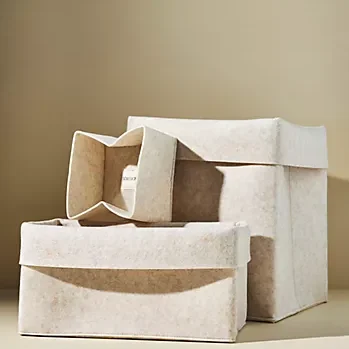
01
SortJoy
Most organizing solutions whether it be for home organization or on-the-go are made of virgin plastic and aren’t built to last. Sort Joy saw the need to fill the lack of sustainable options for storage products and chose to take their own approach by leaning into intention-led design. Their products offer high-quality, design-driven storage solutions that are multifunctional for all areas of life, all at a reasonable price point.

02
Bruna the Label
Beautiful, high-quality, and sustainable jewelry doesn’t always have to come with luxury costs. Austrian brand Bruna the Label makes fine jewelry focused on sustainability and ethical sourcing, all at an accessible price point. Many indie brands are disrupting the industry with larger changes for responsible jewelry practices. Bruna that Label draws inspiration from nature and works to ensure conservation through a small supply chain, using recycled materials, and a small batch approach.
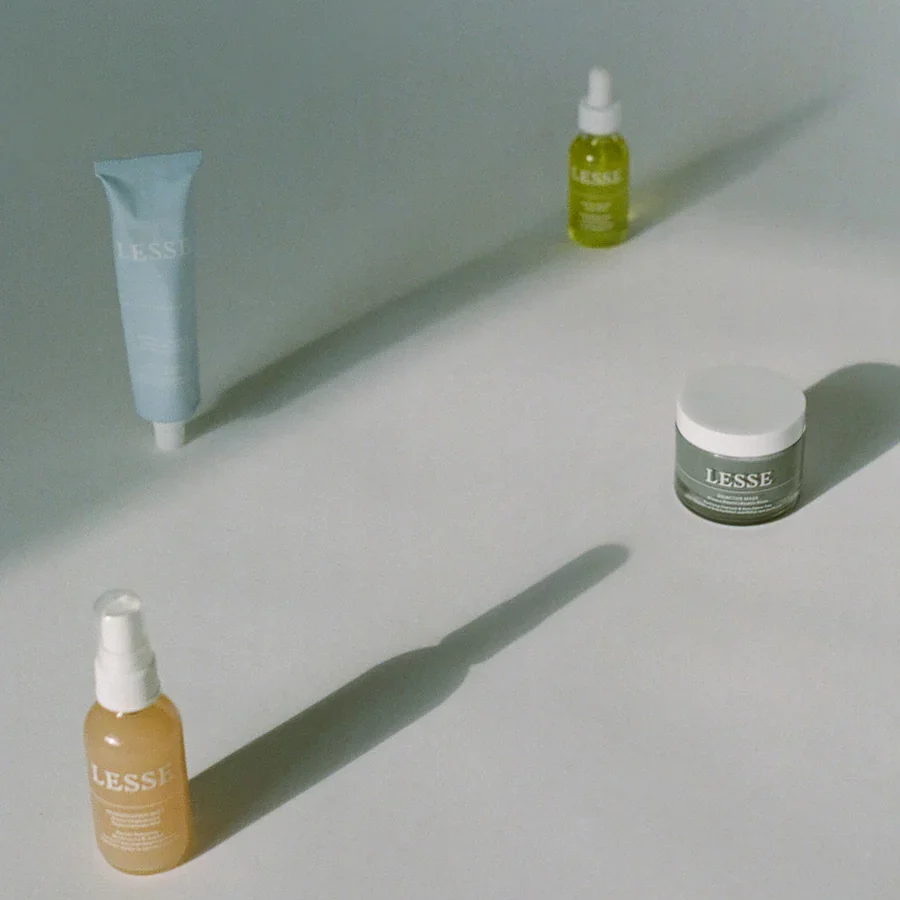
03
Lesse
To Lesse, the brand is more of a ritual than a collection of skincare products. The founder of Lesse, Neada Deters set out to create a brand that had minimal environmental impact but offered maximum results for common skin concerns. For many, skincare is a routine necessity where more is considered better, the more products the better the result is narratives brands are selling. Lesse thinks about skincare from a different perspective where you can have minimal products that deliver optimal results
